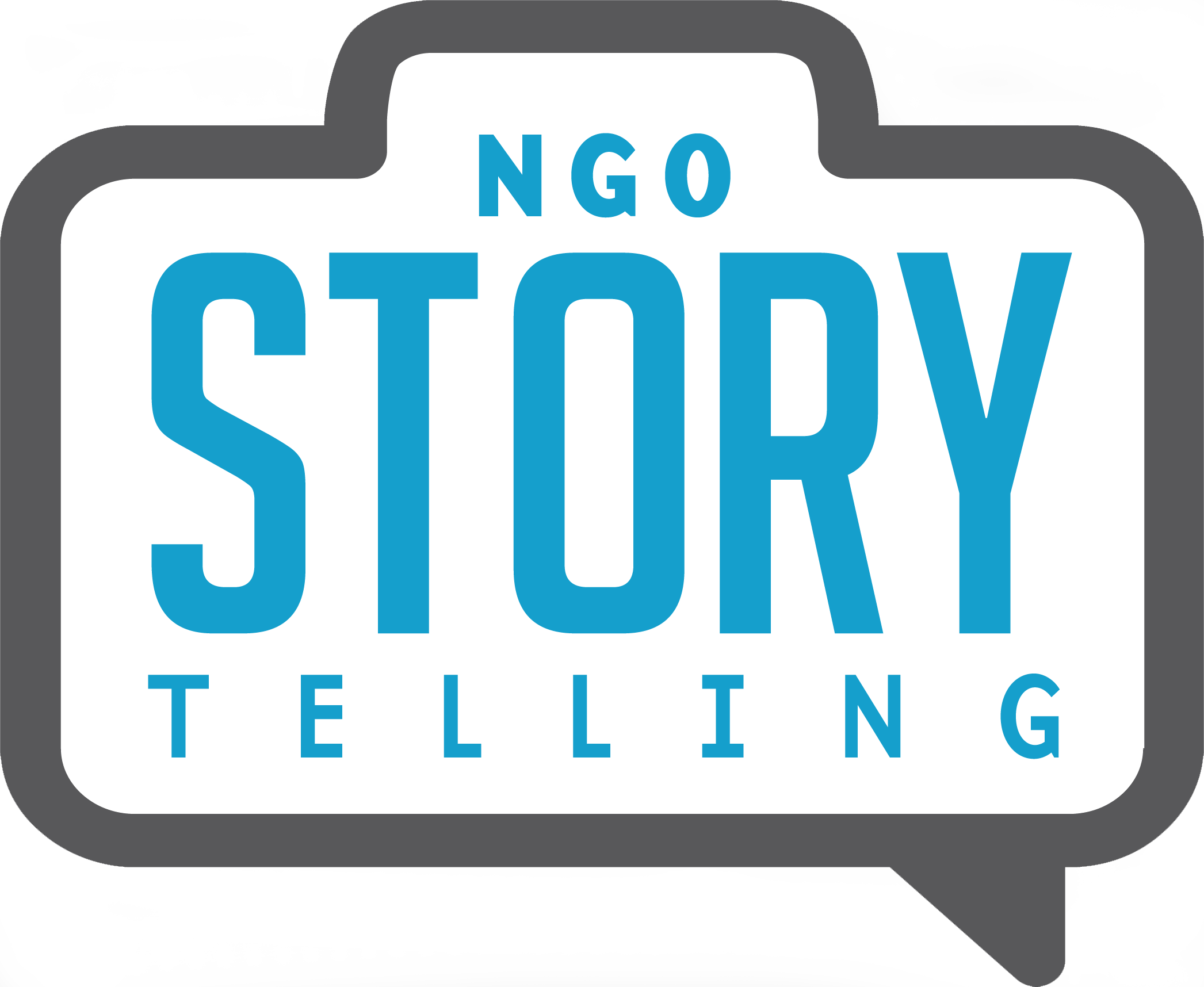Why It Pays to Hire a Professional Translator For Your Video Shoot
I wish I could swallow a pill that would automatically give me fluency in foreign languages. Until that pill comes along, I rely on people to translate for me when I'm filming in countries where I don't speak the language. I usually suggest that the organization I'm working with hire a professional translator. About 90% of the time, the response is along the lines of, "We have a great program manager who can translate for you." I completely understand that point. Why pay money when there are perfectly good xxxxx-language speakers here in the office, right? Based on my experience, the #1 reason this often doesn't work–and makes the video production process more difficult–is because "translators" from the development organization are biased. It doesn't matter if you kindly ask the "translator" to say exactly what the interviewee said. Oftentimes the "translator" coaches the person being interviewed to answer questions in a certain way, even if the answers aren't true. Other times the "translator" embellishes the interviewee's words to the point that it's hard for me to trust what the "translator" is telling me. Sometimes the "translator" even forces people to answer questions they don't want to answer. (I know all this happens because I get interviews transcribed and translated by a professional a few days or weeks after filming, depending on the situation.) In all cases the "translator" is well-meaning; s/he wants me to get a good story. But this kind of translating is problematic because it:
- Robs interviewees of telling their stories in their own words and sometimes robs them of their dignity.
- Makes the program managers feel they must steer conversations in a certain direction no matter what. Or, sometimes translating is not in their job description, they are not happy to do it, and it shows.
- Keeps me, the storyteller, from understanding what's happening, so I can't ask the right follow-up questions or tease out the information I need for the story I'm supposed to be documenting.
In general, professional translators translate exactly what a person says, without hyperbole or bias. They keep themselves out of the conversation and they are happy to do their job. They know not to talk over people, because that would ruin the audio in a filmed interview. They generally let you know when an interviewee is feeling uncomfortable or doesn't want to answer a question. Of course, it's possible for non-professionals to do all this, too. In fact, I've worked with a few program-managers-turned-last-minute-translators who were excellent. But in my experience, that's exceptional. Professional translators are pros for a reason. They know what they're doing. If you hire the right ones and give clear directions, you'll be happy not only with their language fluency but their ability to help your shoot run smoothly.

